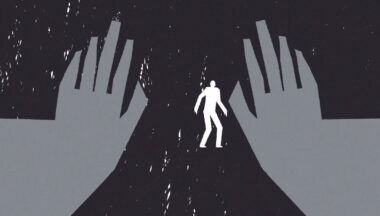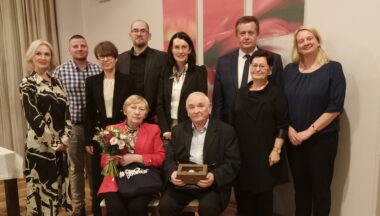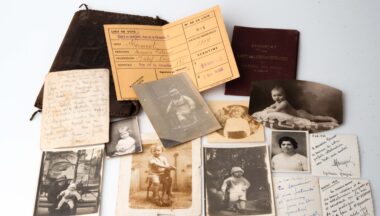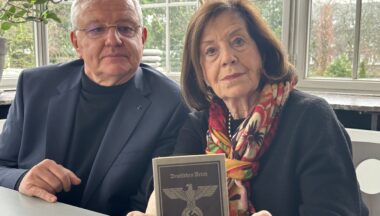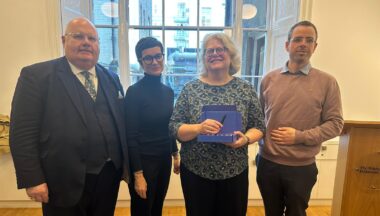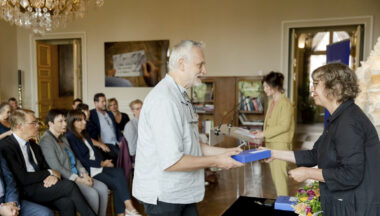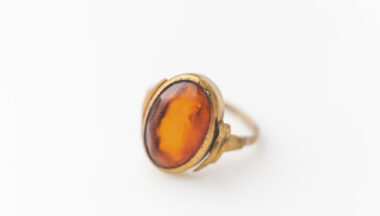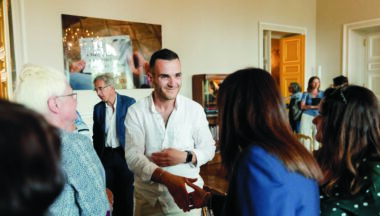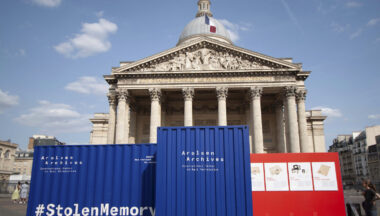Personal mementoes returned to families of French Resistance fighters
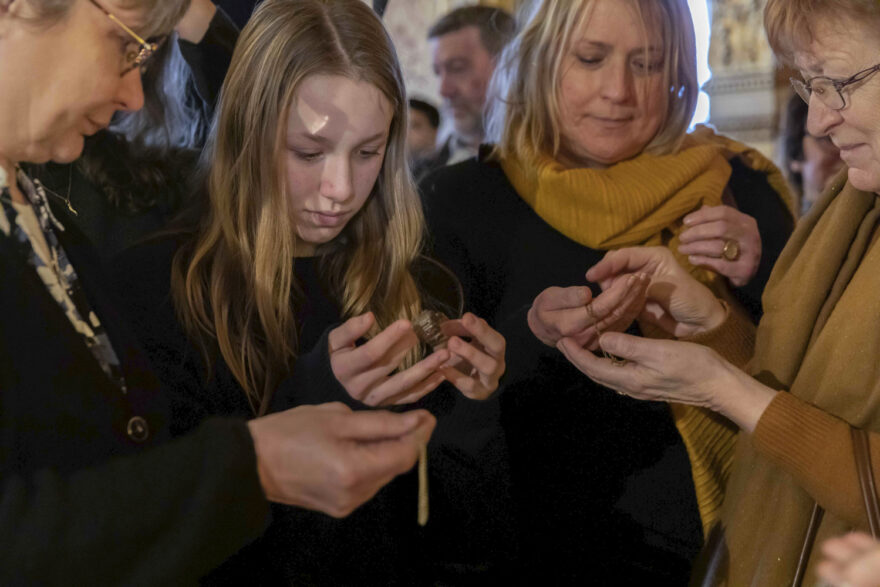
Wedding rings, jewelry, family photos – the National Socialists confiscated all the personal belongings of people they imprisoned in concentration camps. Thanks to the help of volunteers, the families of four members of the French Resistance had the mementoes that were stolen from their persecuted relatives returned to them on January 23, 2023 at the Foreign Ministry in Paris.
Almost 80 years after the Nazis took Anna Boilay’s wedding ring away from her, it was now returned to her nephew, Francis Boilay. A volunteer with the #StolenMemory campaign researched Anna’s persecution and her family history and identified him as one of her relatives. Anna Boilay and her husband Gustave supported the resistance against the German occupiers. The Nazis arrested Anna Boilay in 1944 and deported her to a sub-camp of the Neuengamme concentration camp. She survived and returned to France when the war ended to rejoin her husband and their daughter.
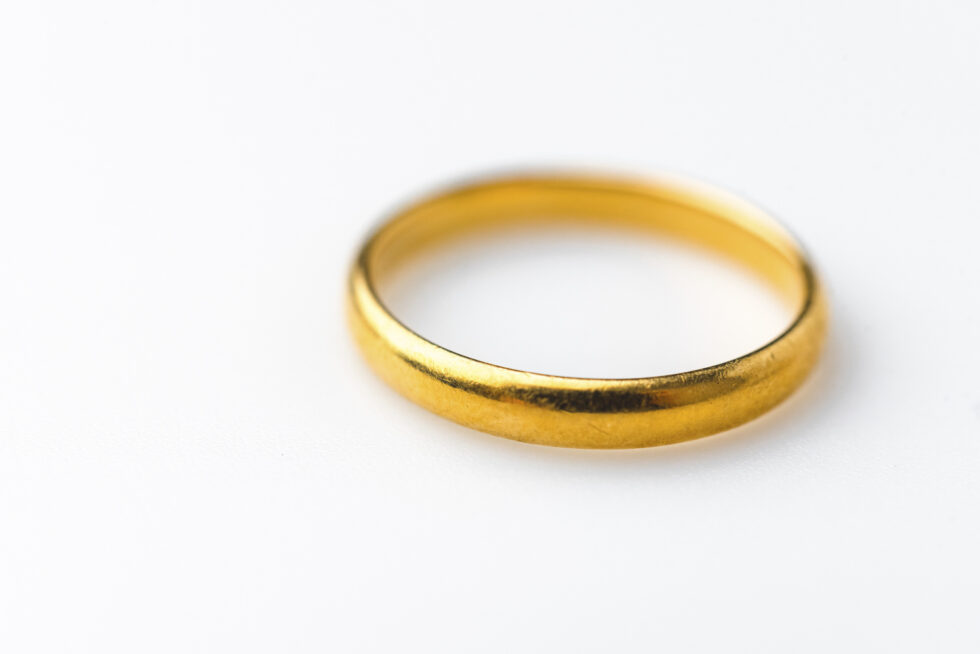
Together with the families of three other former concentration camp inmates from France, Francis Boilay received his aunt’s personal belongings at a ceremony to take place at the French Foreign Ministry. Hélene Swaczyk, Hélene Handkiewicz, and Jules Bernard Morey were also sent to concentration camps, where they were put to work as forced laborers. Like Anna Boilay, all three survived and returned to France after liberation. Their personal belongings finally came home now too – pieces of jewelry and photos they had with them when they were arrested.
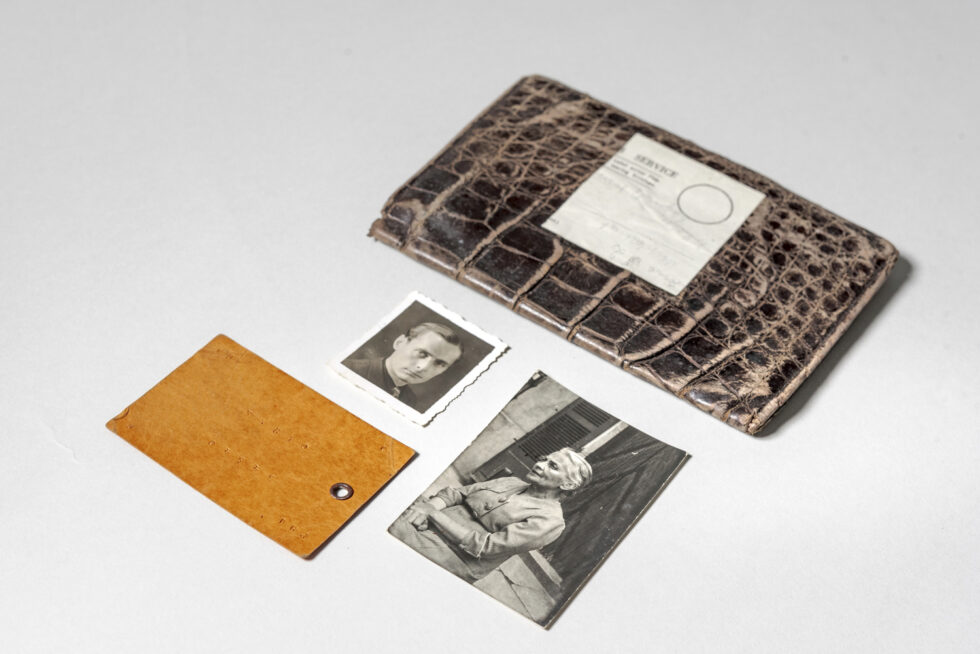
Tracing the families
“The volunteers and our professional tracing team in Bad Arolsen are the heart of our #StolenMemory campaign,” explains Floriane Azoulay, the Director of the Arolsen Archives. “Since 2016, we have managed to return the mementoes stolen from their loved ones to over 680 families all over the world. We have found over 70 families in France alone. These objects are often the last tangible trace these families have – so they are of great emotional significance.”
Minister of State for Europe Laurence Boone hasted the special ceremony at the Foreign Ministry. Together with her German counterpart, Anna Lührmann, the two government representatives met the families as well as some of the volunteers who support the work of the Arolsen Archives by carrying out research. Scheduling the event for the week of the 60th anniversary of the Élysée Treaty underlines just how important it is to find ways of coming to terms with Nazi crimes and their impact up to the present day.
Traveling exhibition tours France
The ceremony on January 23 marks the beginning of a close working relationship between the Arolsen Archives and the French Ministry for Europe and Foreign Affairs. From June 2023 until the end of 2024, the #StolenMemory traveling exhibition will tour France, stopping off to show the exhibition in about 20 locations. The exhibition tells the stories of the stolen mementoes and invites visitors to join in the search for the families of their owners. In addition to the French Ministry for Europe and Foreign Affairs, the Fondation pour la Mémoire de la Shoah is also supporting the exhibition which is housed in a converted shipping container. Four #StolenMemory containers have already been touring Germany, Poland, and Belgium since 2020.
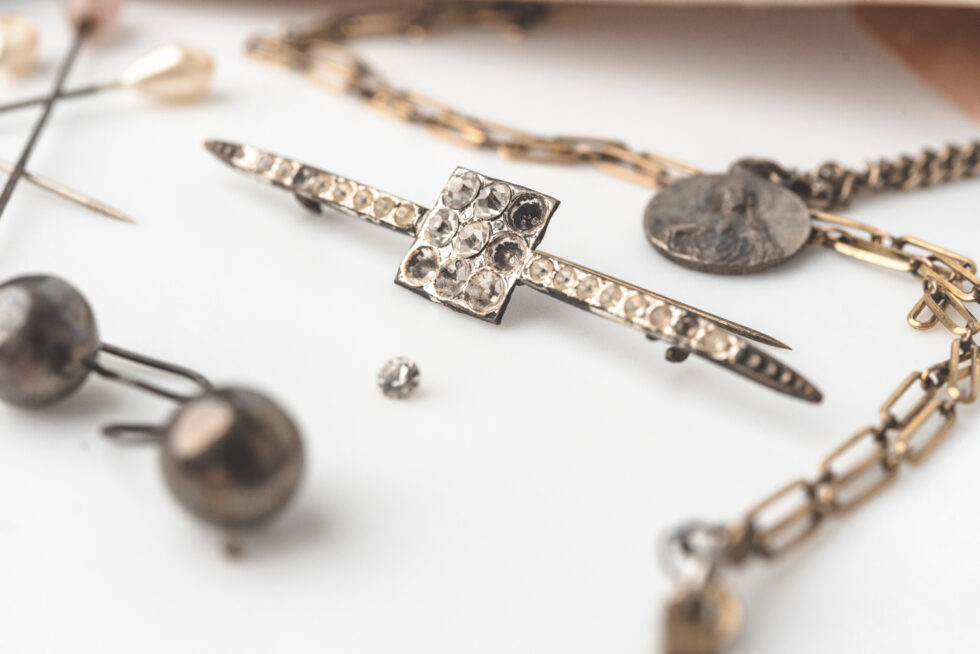
Stolen memories
The Arolsen Archives are the world’s largest archive on the victims and survivors of the Nazi regime. They contain over 30 million original documents. The collection has information on about 17.5 million people and belongs to UNESCO’s Memory of the World. In addition to this documentary evidence of the crimes committed by the Hitler regime, the Arolsen Archives also have around 2,500 envelopes containing the personal belongings of concentration camp prisoners. The Allies were able to recover these so-called effects in some of the liberated camps. Decades later, they were stored in the archive in Bad Arolsen, and the organization was given the task of returning them to their rightful owners.

